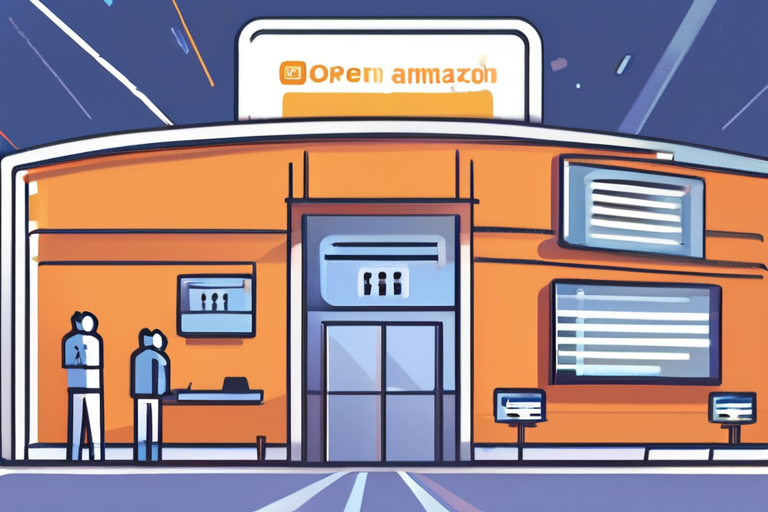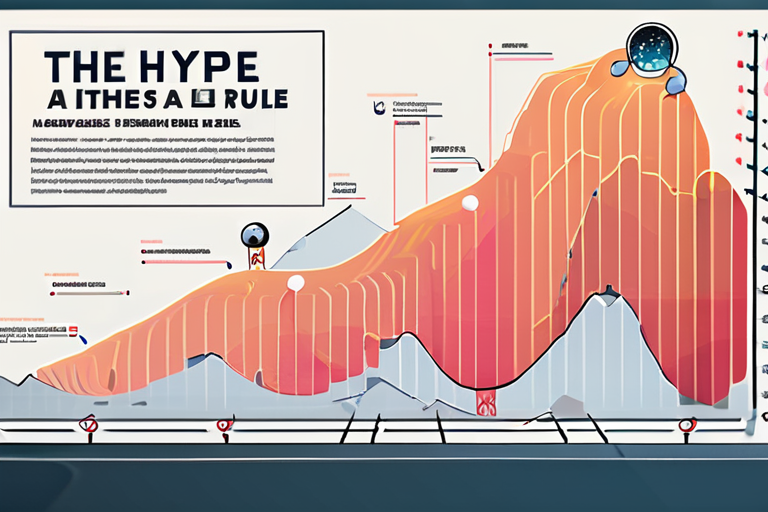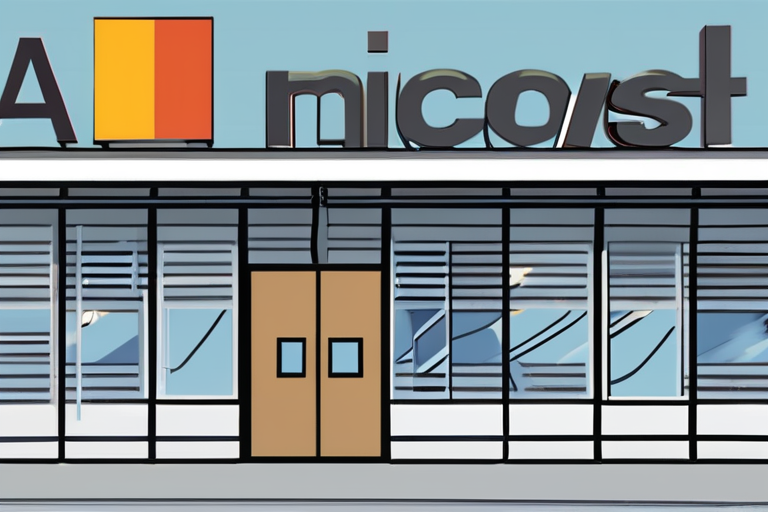Pinterest CEO Bill Ready highlighted the company's shift towards open source AI models during an earnings call on Tuesday, emphasizing their potential to deliver "tremendous performance" while reducing costs. This strategic move comes as the company expands its use cases for visual AI, leveraging AI technology to power features such as personalized recommendations, multimodal search, ad targeting, and its recently launched AI-powered Pinterest Assistant.
Pinterest's third-quarter earnings announcement revealed a weaker-than-expected holiday shopping season, citing the negative impact of President Donald Trump's tariffs on the home furnishings category. As a result, the company's fourth-quarter revenue is expected to range between $1.31 billion and $1.34 billion, falling short of analysts' estimates. This development has put a spotlight on the company's opportunity in agentic commerce AI systems that can act autonomously on behalf of users, a trend that is gaining momentum in the rapidly changing AI landscape.
In the third quarter, Pinterest reported revenue of $1.63 billion, a 9% year-over-year increase. The company's net loss narrowed to $179 million, compared to a net loss of $292 million in the same period last year. Despite these financial metrics, the company's stock price has been under pressure due to concerns about its growth prospects and the impact of tariffs on its business.
The shift towards open source AI models is a significant development in the tech industry, where companies are increasingly looking for ways to reduce costs and improve efficiency. By leveraging open source AI models, Pinterest aims to tap into a community-driven approach to AI development, which can provide access to cutting-edge technology and expertise without the need for significant investments in research and development.
Pinterest's use of AI technology is a key differentiator in the image pinboarding site's business model, which often serves as consumers' first step in their shopping journey. The company's AI-powered features, such as personalized recommendations and multimodal search, have been instrumental in driving user engagement and revenue growth. The launch of its AI-powered Pinterest Assistant is the latest example of the company's efforts to harness the power of AI to enhance user experience and drive business outcomes.
As the AI landscape continues to evolve, Pinterest faces increasing competition from other tech companies that are also exploring the potential of agentic commerce AI systems. However, the company's focus on open source AI models and its commitment to leveraging AI technology to drive business outcomes position it well for future growth and success. With its fourth-quarter revenue expected to come in below analysts' estimates, Pinterest will need to continue to innovate and adapt to changing market conditions to maintain its growth momentum.



























Share & Engage Share
Share this article